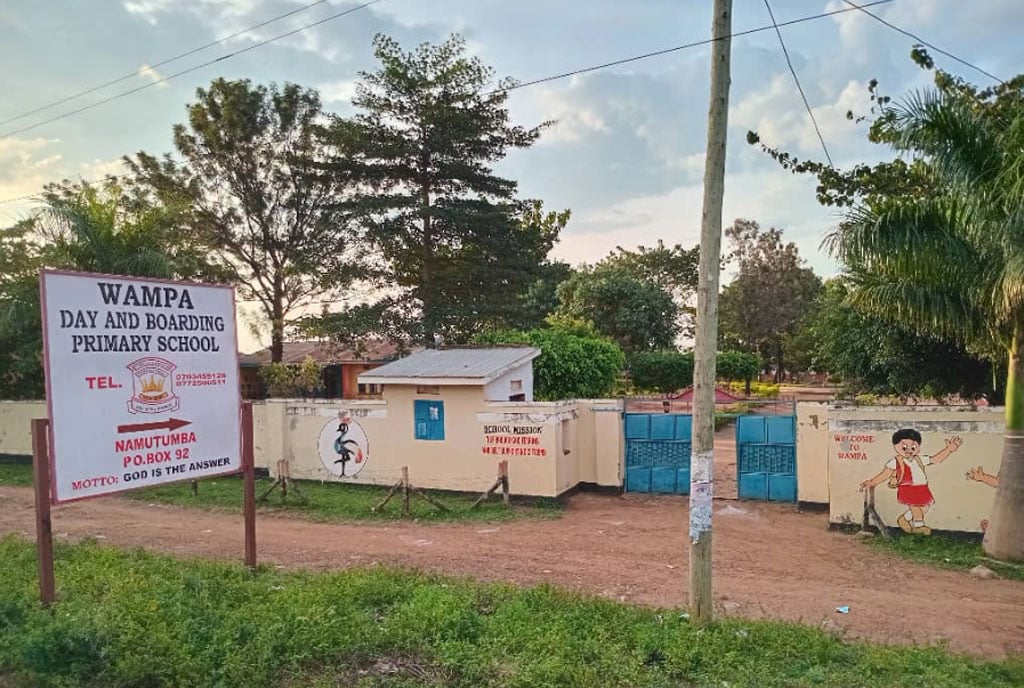Prime
Surge in black flies on Aswa River pose health threat

River Aswa. Google Maps Image
At sunrise, Ms Nancy Adong, 47, a resident of Abam East Village in Palabek Abera Sub-county waits until 10am before she can go tend to her garden.
This has become her daily routine since 2019.
“When you go to the garden early in the morning, there are flies that bite you and it is very hard to carry on with farming. You can only prevent flies from biting you when you are fully dressed,” Ms Adong says.
Ms Adong, a mother of four, adds that she has not been able to realise a good harvest since 2019.
“I was told these flies cause river blindness and nodding syndrome, I want to abandon that land,” she says.
The Palabek Abera Sub-county chairperson, Mr Patrick Okot, told Daily Monitor that many people along Aswa and Pager River have abandoned their land.
“In September until November when there is a lot of rain, they [flies] get too many. From what our community went through as far as nodding syndrome is concerned, there is fear among communities,” Mr Okot says.
He adds: “The government needs to hurry and spray the two rivers and other swamps where the black flies are increasingly breeding so that we prevent another catastrophe.”
Mr Bob Akena, a Village Health Team (VHT) supervisor in Palabek Abera Sub-county, says a number of farmers have abandoned farming in the morning.
“Whether these flies are infectious or not, it is posing a huge threat to our health,” Mr Akena says.
Black flies are scientifically known to be the vector of River blindness (onchocerciasis).
After a bite, the larvae enters the skin where they slowly grow into adult worms. A female worm can produce 1,000 worms per day. The symptoms of onchocerciasis, include severe itching, disfiguring skin conditions, and visual impairment, including permanent blindness.
Onchocerciasis is one of the Neglected Tropical Diseases (NTDs), and in Africa, the disease is endemic in 31 countries, where 37 million are infected, 800,000 visually impaired and 270,000 have gone blind as a result of the infection.
In 2012, government conducted aerial spraying of Aswa River and its tributaries with Abate (a safe chemical) to kill the black flies following a surge in cases of nodding syndrome, a neurological ailment that affected children between the ages of 5 to 15 years.
However, spraying the riverbanks stopped two years ago.
Nodding syndrome has since its outbreak in 2009, ravaged parts of northern Uganda, particularly Pader, Kitgum, Lamwo and Gulu districts, infecting more than 3,000 children and killing dozens.
It manifests in involuntary uncontrollable nodding of the head, followed by epileptic seizures, saliva dripping, degenerated cognitive abilities, stunted growth, and in some cases, death or failure to develop secondary sexual characteristics.
Officials say
Mr David Oguttu, the programme manager for the National Onchocerciasis Elimination programme, said refugees are partly to blame.
“These refugees come from South Sudan which is highly endemic of river blindness. As a country, we cannot achieve elimination of river blindness without treating the refugees we are living with,” Mr Oguttu said.
Dr Alfred Mubangizi, the assistant commissioner for vector-borne and neglected tropical diseases in the Health Ministry, said the ministry is monitoring the surge of flies, adding that the flies are not infectious.
“We have been receiving information about the black flies but these flies are not dangerous because they don’t have the vectors that cause river blindness,” Dr Mubangizi said. He, however, said cross-border movements put the country at great risk.



